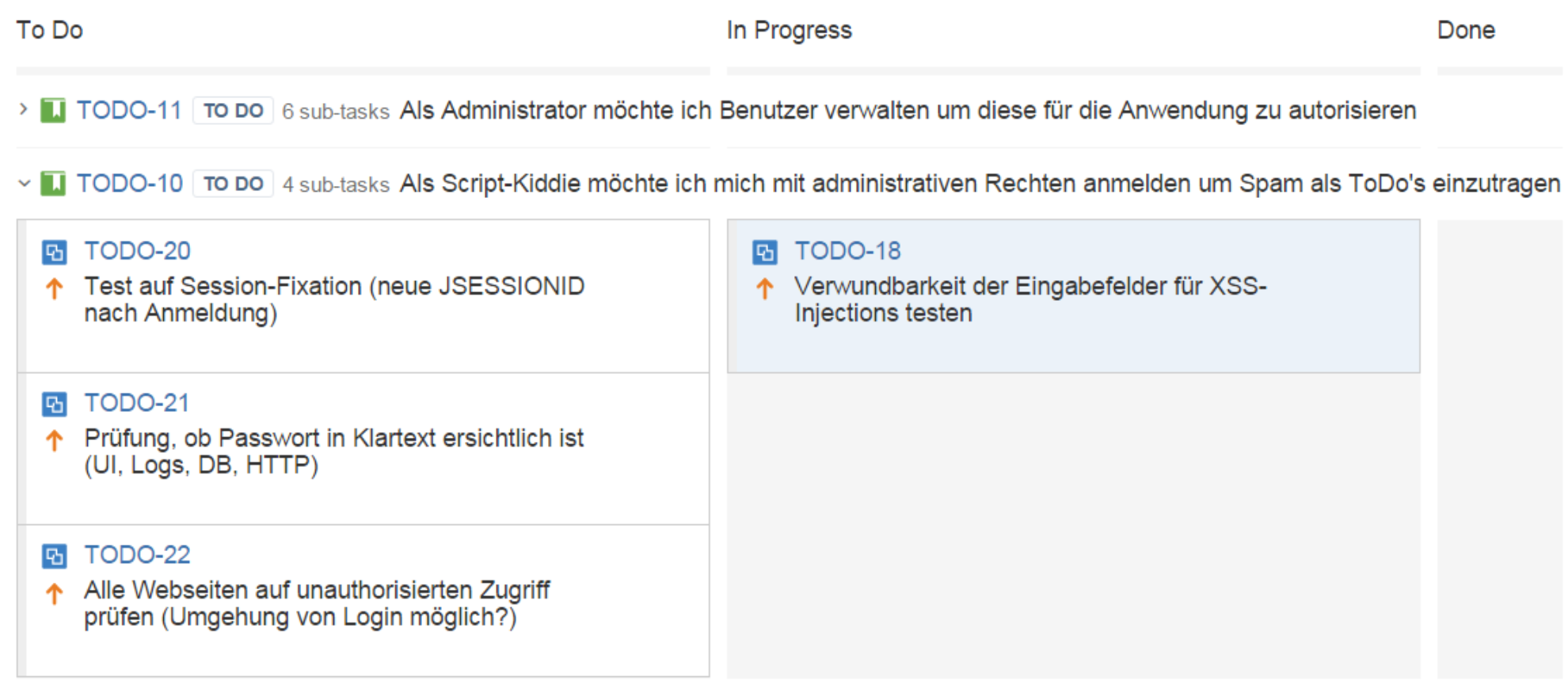
- BURP SUITE FREE EDITION ACTIVE SCAN DISABLED HOW TO
- BURP SUITE FREE EDITION ACTIVE SCAN DISABLED MP4
- BURP SUITE FREE EDITION ACTIVE SCAN DISABLED PRO
- BURP SUITE FREE EDITION ACTIVE SCAN DISABLED CODE
The 103 Context menu tutorial shows how upload request can be sent to the extension directly via Burp's context menu.All that is necessary, is to choose which file was uploaded in the browser. The 102 FlexiInjector video shows how the user can help the plugin in cases where the upload is not a multipart upload.The 101 Basic video shows how the extension scans automatically without any configurations necessary if it can.The UI of the extension changed a little since the videos were made, but it should be possible to get the basic ideas: There are several tutorial videos available for the different topics that will help you get started. If a field is marked red, there is an error.
BURP SUITE FREE EDITION ACTIVE SCAN DISABLED HOW TO
UploadScanner.py is the file you need to import into Burp, see Portswigger's support page on how to install an extension.Īfter installing the extension, check the "Global & Active Scanning configuration" tab of the extension. to detect issues via sleep based payloads, Burp Collaborator interactions or by downloading the file again then upload with various combinations of file extensions and content-types. to inject PHP, JSP, ASP, XXE, SSRF, XXS and SSI payloads.
BURP SUITE FREE EDITION ACTIVE SCAN DISABLED MP4


The extension is testing various attacks and is divided into modules. While there are already a couple of Burp extensions doing some checks, this extension tries to implements most attacks that seem feasible for file uploads. Circumventing processing on the server side, creating content that survives the modification or creating content that results in the desired payload after the modification is another goal of this extension. Moreover, the file content has to pass server-side checks or modifications such as image size requirements or resizing operations. Various techniques are necessary to successfully upload a file, including correlation of file extensions, content types, and content. And while your REST XML web service might not be vulnerable to XML External Entity (XXE) injection, it doesn't mean your image parser for JPEG XMP metadata (which is XML) has no XXE issue. the ImageTragick vulnerability), there are countless memory corruption bugs that get fixed every day in various parses that might also be in use on your webserver. While some of the issues that might occur get very high attention (eg. The attack surface on a server that parses files is automatically a lot bigger. Additionally, more specific attacks on server side parsers are used as an attack vector, for example Server Side Request Forgery (SSRF) through m3u8 playlist file formats being parsed with LibAv.įile uploads on websites are an underestimated area for security testing.
BURP SUITE FREE EDITION ACTIVE SCAN DISABLED CODE
The attack techniques include generic attacks such as Cross Site Scripting (XSS), External Entity Injection (XXE) and PHP/JSP/ASP code injection, but the goal is to execute these attacks customised for the use case of HTTP based file uploads. One of the goals of this research was to generalise and automate these attacks.

In other cases, the techniques only apply to very specific use cases. While a lot of techniques used for file upload testing are documented throughout the web, the code necessary to automate such attacks is often missing. However, most automated web application security scanners are not adapting their attacks when encountering file uploads and are therefore likely to miss vulnerabilities related to file upload functionalities. HTTP based file uploads are one specialised use case. Various automated and semi-automated security testing tools exist to simplify the task. Testing web applications is a standard task for every security analyst.
BURP SUITE FREE EDITION ACTIVE SCAN DISABLED PRO
A Burp Suite Pro extension to do security tests for HTTP file uploads.


 0 kommentar(er)
0 kommentar(er)
